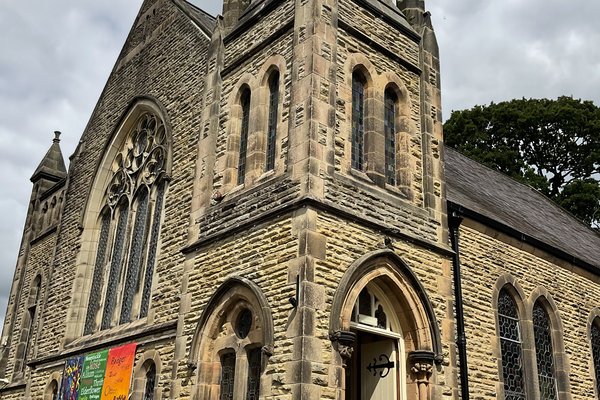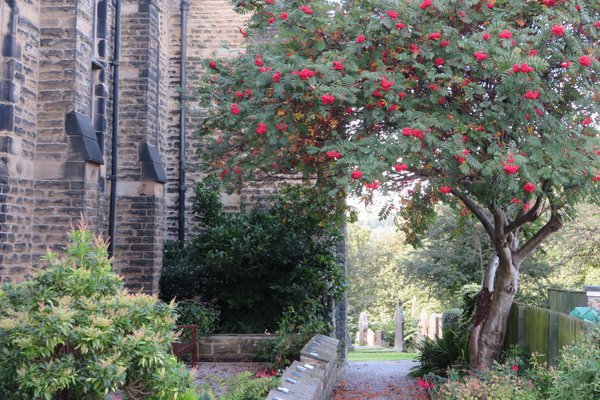Faith-consistent use of assets means making sure that all of the resources we have work in line with our missional goal of net zero by 2030.
Net Zero Property
In response to the climate change emergency, a set of practical steps and recommendations have been created with the aim of helping churches reduce their energy use and associated carbon emissions. We are aware that this can be a daunting task and thus have divided up the guidance into bitesize steps.
Find out how to get your church building down to Net Zero Carbon in our Property pages
Historic Places of Worship and Climate Change
We are dedicated to encouraging our Historic Places of Worship to embrace the call to net zero. We recognise this is an integral part of our mission and are actively encouraging sympathetic and appropriate adaptation to achieve this goal. This includes learning from others, sharing resources and good practice and collaboration.
Find out specific measures to take with Historic Places of Worship
Travel Policy and Expenses claim form template
We have adapted that travel policy for a local church, circuit or district context and produced the below template. You are welcome to adapt and use this template travel policy for your own context. Its aim is to encourage low-carbon means of transport, in order to minimise our impact on the environment, whilst taking into consideration the accessibility needs and safety for all people who travel in the name of the Methodist Church.
We have developed a travel policy to encourage people to use low-carbon means of transport. Find details and an expenses claim form template
Ethical investment
Methodist funds are managed by the Central Finance Board of the Methodist Church (CFB) in line with ethical principles. By acting as shareholders of major companies the CFB can influence decisions and vote in shareholder meetings. This provides Methodists with a powerful voice at the heart of economic life in one of the world's most important financial centres.
The Joint Advisory Committee on the Ethics of Investment (JACEI) sets the ethical investment principles under which the CFB works. JACEI, is made up of five people nominated by the CFB and five by the Methodist Council.
The CFB has long been concerned about global warming with its first policy produced in 2009 alongside the publication of Hope in God’s Future, a Methodist report which became a statement of the Methodist Conference. It commits the CFB to working for lower carbon emissions across portfolios.
A policy on climate change and power generation, commits the CFB to assessing carbon intensity and avoiding exposure to coal-fired power stations.
The CFB’s third policy looks at the ethical implications of different fuel types: avoiding significant exposure to coal and tar sands production and avoiding investing in companies wholly focused on finding new carbon assets.
For more information on the CFB’s approach to ethical investment in relation to tackling climate change visit the CFB website here.
Updates on investment decisions:

